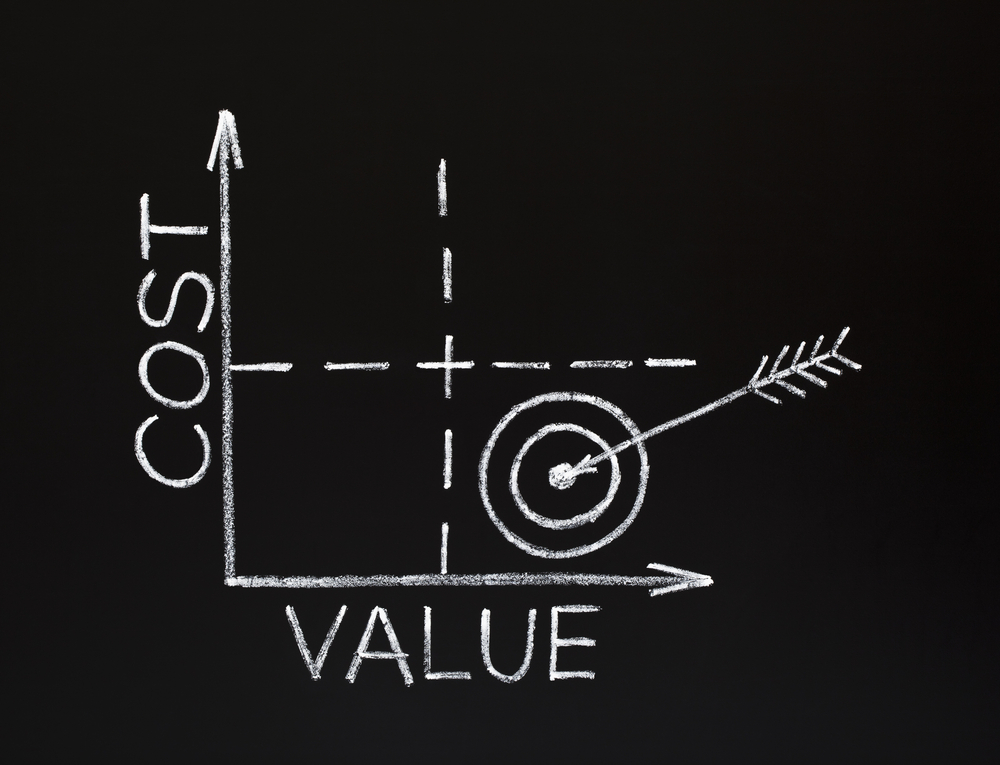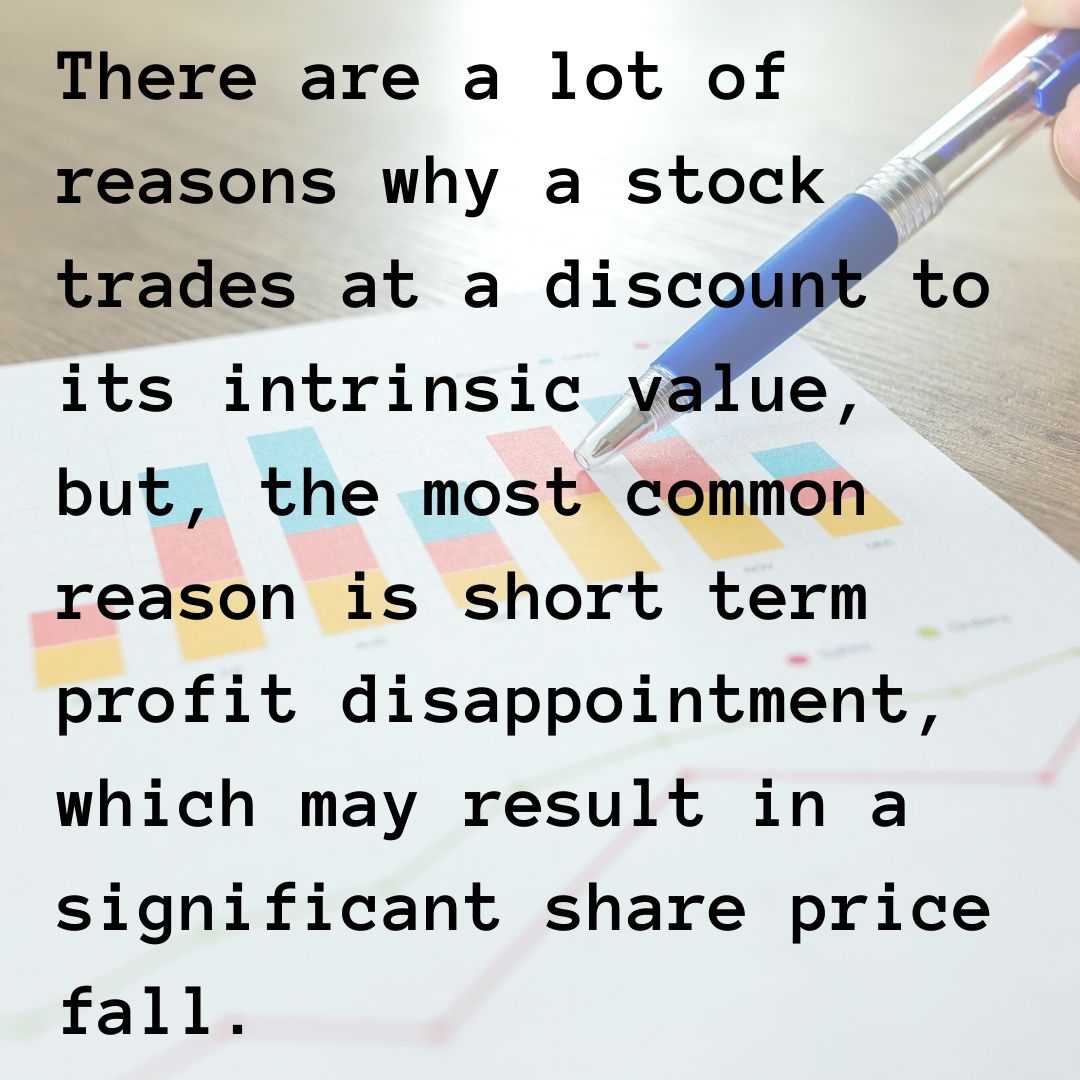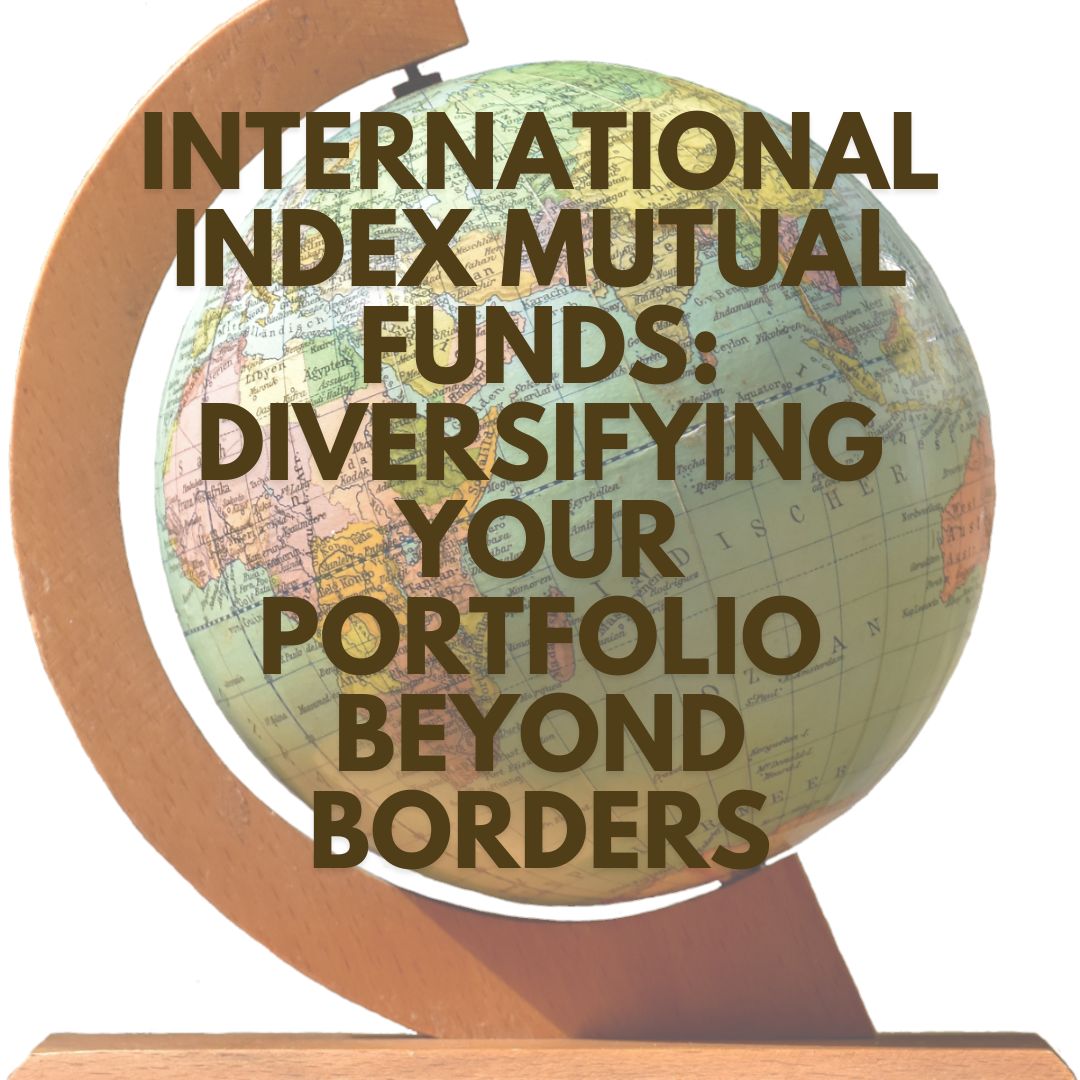What is Value Investing ?
- 28 February 2017 | 1611 Views | By Mint2Save

Value investing is pretty uncomplicated concept. In value investing the investor is holding on to an asset, and this asset increases in value in due course, even though he did not put in any time and effort. Like an apartment building, where you are renting out units can be considered an asset as it will continue to place your money in your pocket. This investment strategy dates back to Benjamin Graham and David L. Dodd of Columbia University in 1930s. Value investing is an art of buying stocks which trade at a significant discount or less than their intrinsic value.
There are a lot of reasons why a stock trade at a discount to its intrinsic value, but, the most common reason is short term profit disappointment, which may result in a significant share price fall. Often these disappointments bring a strong emotional response in shareholders of fearing further negative developments for those who sell their stock.
 Value investors are acquainted with two things: firstly, generally businesses is long term in nature and the real effect of short term profits falls on the long term value of a business is often small. Secondly, they recognize that, typically, most company profits are mean reverting over time, i.e. over the longer term, unfortunate profit falls are frequently reversed and on the other hand, extremely strong profit growth tends to slow.
Value investors are acquainted with two things: firstly, generally businesses is long term in nature and the real effect of short term profits falls on the long term value of a business is often small. Secondly, they recognize that, typically, most company profits are mean reverting over time, i.e. over the longer term, unfortunate profit falls are frequently reversed and on the other hand, extremely strong profit growth tends to slow.
You can even see that, Microsoft and Amazon are two businesses where profits have risen progressively since their beginning and show no signs of declining back to an average any time soon. Though high profile examples tend to stick in our minds as humans, even if they are not reflective of what happens on average.
To understand more about value investing, investors should be aware of a few related terms: Intrinsic value which is an estimation of a stock’s value. The intrinsic value of a firm may be lesser or higher than its stock market value, indicative of that the firm is undervalued or overvalued, and another term is Market price, the price a stock is trading at any given time in the stock market. Value investors hope market price unpredictability will drive a stock’s market price irrationally below its intrinsic value, thus creating a value investing opportunity.
The value investor, maybe more than any other type of investor those are more concerned with the business and its essentials than other influences on the stock’s price. An essential includes such as earnings growth, cash flow, dividends and book value are more important than market factors on the stock’s price. Value investors are those that actively seek stocks that have been undervalued by the market. Value investors believe that market frequently overreacts to different news stories, related to price movements that don’t reflect the actual long-term fundamentals of the concerned companies, therefore providing an investment opportunity to these investors. Though, value investors can purchase stocks at lower prices than usual.
Value investing is a subjective concept, which differs from investor to investor. Where some concentrate only at the current assets or earnings ratio, without placing any value on the future growth of the company and others have entirely different strategies turning around the future growth estimates and cash flows. In spite of the methodologies used, it all boils down to the ability of purchasing something at a lesser price than its actual value.
Value investing benefits in many ways, such as it may set off your existing portfolio by diversifying beyond growth stocks. It is considered as a part of an overall investment strategy. It is a structured form of investing for long term goals, as it does not provide instant satisfaction. Value investing may involve any type of security or investment, but it is most commonly associated with buying of shares of stock in a company. Value investment deals with purchasing securities that are reasonably priced given their underlying fundamentals. Ideally, the shares in the company should be trading at a price that is less than the intrinsic value of the shares and hence considered a value stock. Being a value investor is no different from seeking value in the purchase of any good or service. Value investing can can characterize by the practice of buying companies when the intrinsic value exceeds the current market price and selling companies when the current market price exceeds the intrinsic value. Value investing is the stress-free route to investment success.
Thus, “Price is what you pay and value is what you get.”









